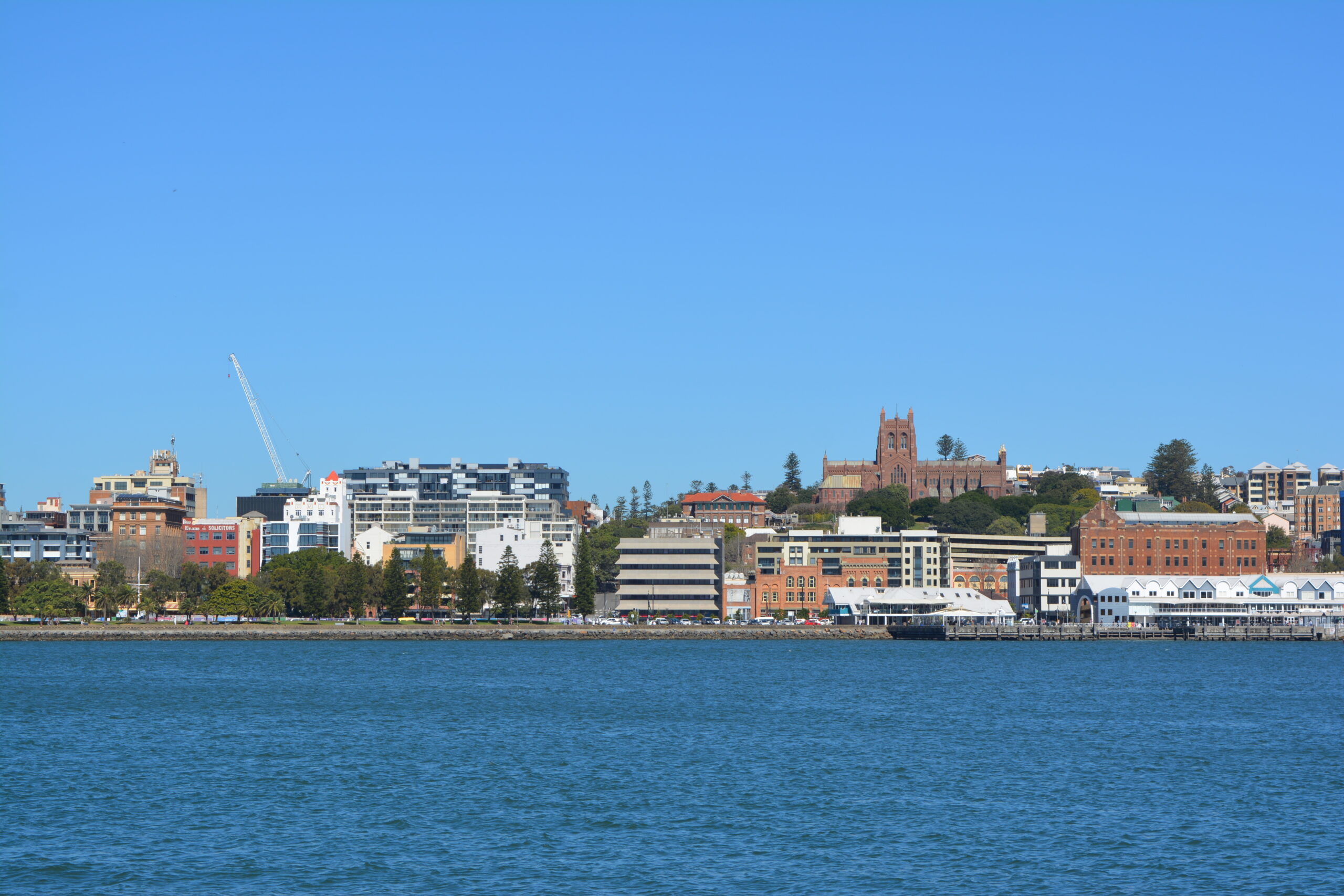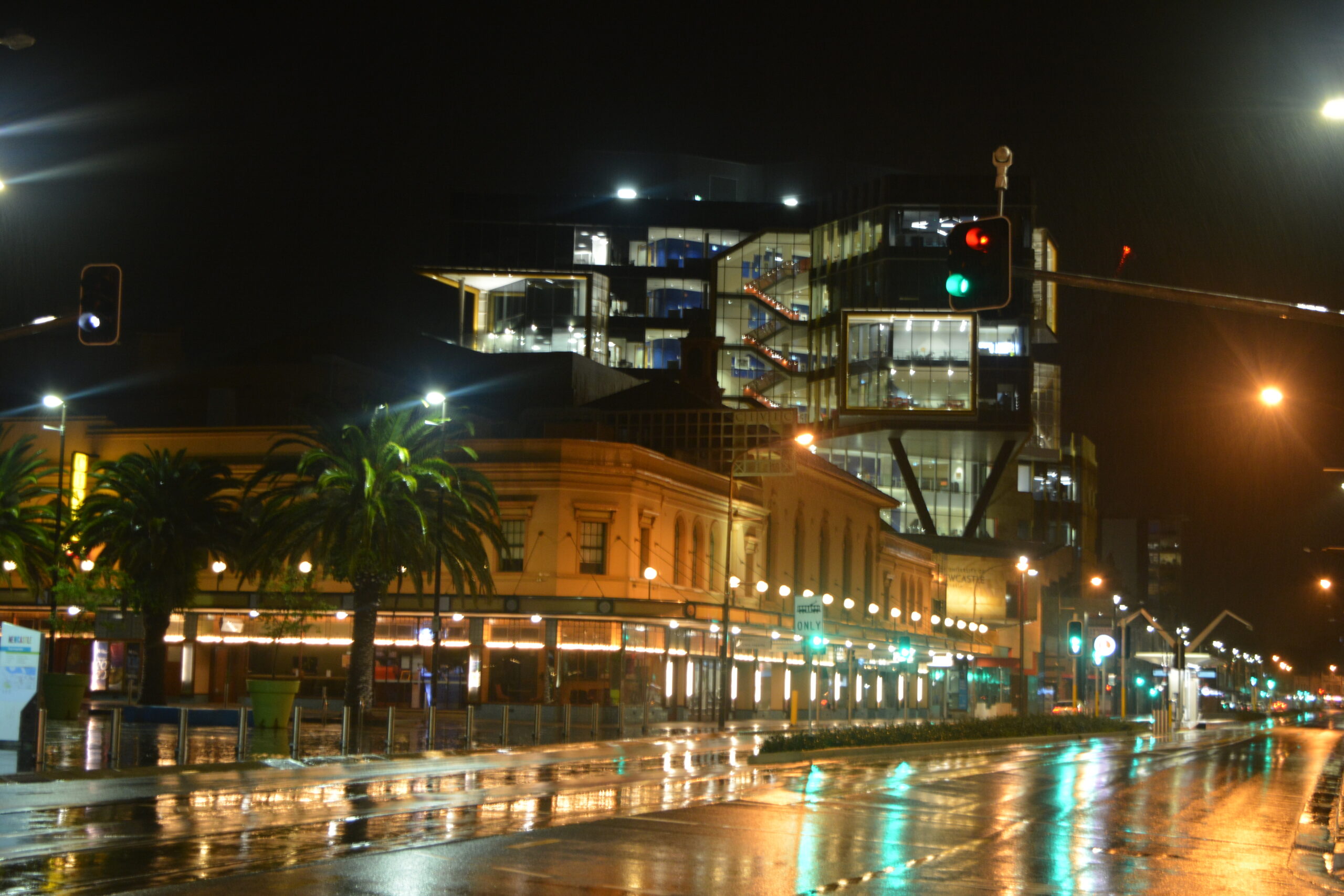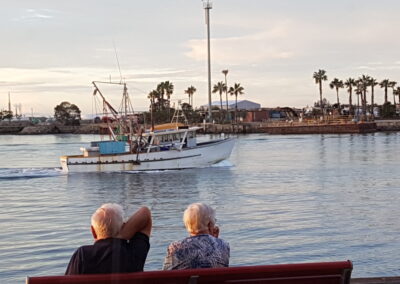Newcastle Psychology & Health Position on Gay and Lesbian Sexual Orientation
by Stuart EdserLanguage
Language is important. It makes our innermost thoughts external and real and gives shape to what we believe. In writing about same-sex sexual orientation therefore, the Psychologists at NPH prefer to use self-descriptive inclusive language to describe same-sex attracted people rather than language coined by others not so attracted. Thus, NPH chooses the terms ‘gay’ and ‘lesbian’ sexual orientation rather than the term ‘homosexuality.’ The history of the latter word shows it originating as a legal term, coined in the mid nineteenth century to decry appalling treatment of same-sex attracted men under the Prussian Penal Code. Later, the term ‘homosexuality’ was adopted by the medical profession and medicalised. Same-sex attracted individuals were as a consequence pathologised, ie., they were viewed as having an illness and thus needed to be cured. Therefore, in respect and deference to gay and lesbian people, NPH uses the language they use to describe themselves.
Basic Assumption
The Psychologists at NPH predicate their assumptions about gay and lesbian sexual orientation based on the latest understanding of the psychological, biological, sociological and anthropological research.
Above all other assumptions, we understand that gay and lesbian sexual orientation is not a choice. It is most commonly experienced as a powerful emerging sense during early adolescence, although many gay and lesbian people also report that they felt somehow different from others when they were children. The only choice involved in gay and lesbian sexual orientation is the choice to remain quiet about this orientation, often called ‘closeted,’ or to be open about it to some degree, often called ‘coming out.’ It is for this reason that we use the term ‘sexual orientation’ and not ‘sexual preference,’ as the latter implies some degree of choice where there is none.
What Causes Same-Sex Attraction?
It is still unclear exactly why gay and lesbian sexual orientation occurs. However, the biological, behavioural and social sciences agree now that there is good evidence for a biological, even genetic basis, for same-sex attraction, which acknowledges early childhood experience as also being highly influential. It is now universally accepted that sexual orientation in general, and gay and lesbian sexual orientation in particular, is shaped over the first few years of childhood through extremely complex interactions between biologic, genetic, and social factors and that it remains stable over an individual’s lifetime, ie., it cannot voluntarily be changed.
Coming Out
The coming out process can be a difficult time for gay and lesbian individuals due to society’s slow acceptance of same-sex sexual orientation. Coming out is a complex process that for some, can take many years to complete. Some people find it to be quite harrowing while others find it an exciting and enjoyable time. The experience of coming out will differ for individuals largely, based on the degree of support from family and friends. The best communication that family and friends can offer is one powerful message: unconditional love and acceptance. This message can remove an enormous burden from the individual and can help the person begin their uncloseted life with the very best start. It provides them the opportunity to be truly themselves without having to hide or lead a double life.
Not Sick
In 1973, the American Psychiatric Association removed ‘homosexuality’ from its list of illnesses – the Diagnostic and Statistical Manual of Mental Disorders. Since that time, gay and lesbian sexual orientation has not been understood by psychiatry and psychology as an illness, but rather as a life-long orientation. This is a view that accepts the undeniable reality that we see around us. This reality shows that gay and lesbian people are able to thrive and flourish, that they can be psychologically and emotionally well-adjusted and can expect all the good things that life has to offer. Their sexual orientation is neither an illness nor a disorder. Of course, unconditional love and acceptance from family and friends go a long way to assisting the process of being well-adjusted, as it does for all individuals.
As a result of this significant shift in viewpoint, Western psychologists now no longer engage in trying to ‘turn’ or ‘change’ gay and lesbian people into straight people, so-called conversion or reparative therapy. This is considered unethical and cruel, and as impossible to achieve as it would be to turn a straight person into a gay person. Human sexual orientation just does not work this way. (Click here for official APS position on reparative therapy.)
Not A Moral Question
Since the gay or lesbian person has no choice in their sexual orientation and since they are able to and do flourish in their lives, NPH does not view their sexual orientation as a moral question, anymore than we would the sexual orientation of a straight person. We therefore repudiate any individual, government, religious institution or group who would ascribe gay and lesbian people as being morally deficient, just because they are same-sex attracted. At the beginning of the twenty-first century, our scientific understanding of same–sex attraction simply will not allow humanity to continue to do so. Modern-day scholarship in theology is also pointing to new ways of speaking as well, although there remains much resistance in some quarters. As a minority group in society, gay and lesbian people should be affirmed and valued as worthy members and protected from harmful prejudice, whether vocal, legislative or violent.
Welcome to NPH
NPH therefore welcomes any clients who may be gay or lesbian. We can assist with the difficulties of the early coming out process, relationship issues and the myriad other issues that challenge us all from time to time. In particular, we are experienced in assisting those who have same-sex attraction, yet experience confusion at these feelings. Also sadly, we know very well that there are many same-sex attracted people who, due to societal or family pressures, have married or are in opposite-sex relationships that are under enormous strain. We offer you both the compassion and expert advice that you will need in order to fully understand your situation and to offer you some options in ways to respond.
Other Links
For those wishing to know more, please visit our Links page for links to external gay and lesbian information websites.




